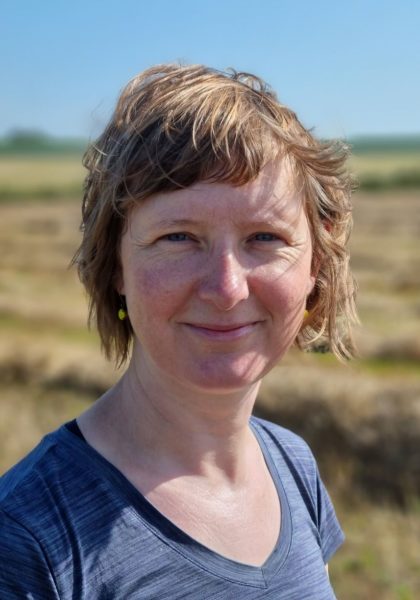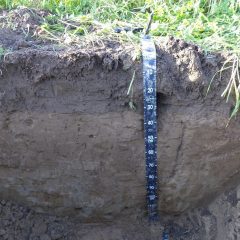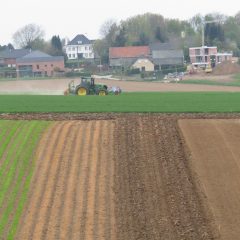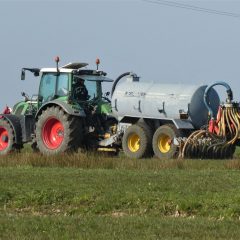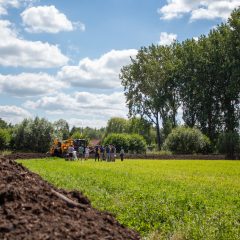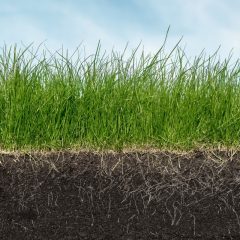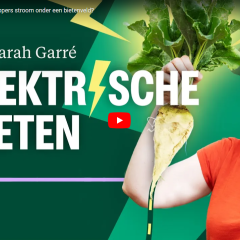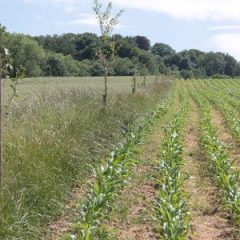Research project Impact of less fertilization on crops, emissions and carbon sequestration
Scenario modelling for assessing impacts of policy changes and socio-economic effects on ecosystem services of soils
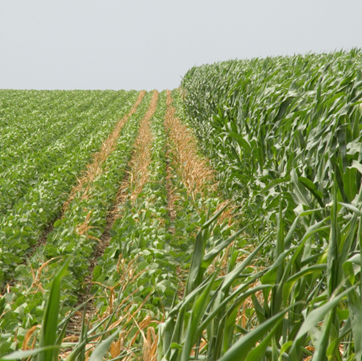
General introduction
Results from the EJP SOIL SIMPLE project warn that uniform reduction of mineral fertilizers can produce significant differences in crop yield and carbon sequestration, depending on crop and region. Policies must therefore be adapted to local conditions to minimize negative effects. Interdisciplinary models showed that a 20% reduction in N fertilization leads to a 0.03 t C/ha/year decrease in carbon stock in agricultural soils in Flanders. Especially crops such as wheat, rapeseed and maize showed a strong loss of carbon storage due to lower yields. In contrast, a scenario in which 10% of cut maize was replaced by winter wheat showed a gain of 0.13 t C/ha/year, offering opportunities for more sustainable land use.
Research approach
The researchers used a three-pronged approach. Biophysical, agronomic and economic models were combined to evaluate the effects of lower fertilization and socioeconomic changes. ILVO used the RothC model to simulate the impact on carbon storage specifically for Flanders, taking into account adjusted livestock numbers and crop rotations. Finally, several scenarios, including a reduction in mineral fertilization and a change in crop rotations, were run through to identify regional differences and trade-offs.
Relevance/Valorization
The EJP SOIL SIMPLE project investigated the effects of a reduction in mineral fertilizers (as proposed in the European Farm-to-Fork strategy) on crop yield, greenhouse gas emissions and soil carbon sequestration. The simulation in which cut maize was partially replaced by winter wheat shows that targeted measures can produce gains in carbon storage. These insights are essential for aligning European agricultural policies, such as the Farm-to-Fork strategy, to ensure both environmental goals and food security.
Financing
EU Horizon2020

